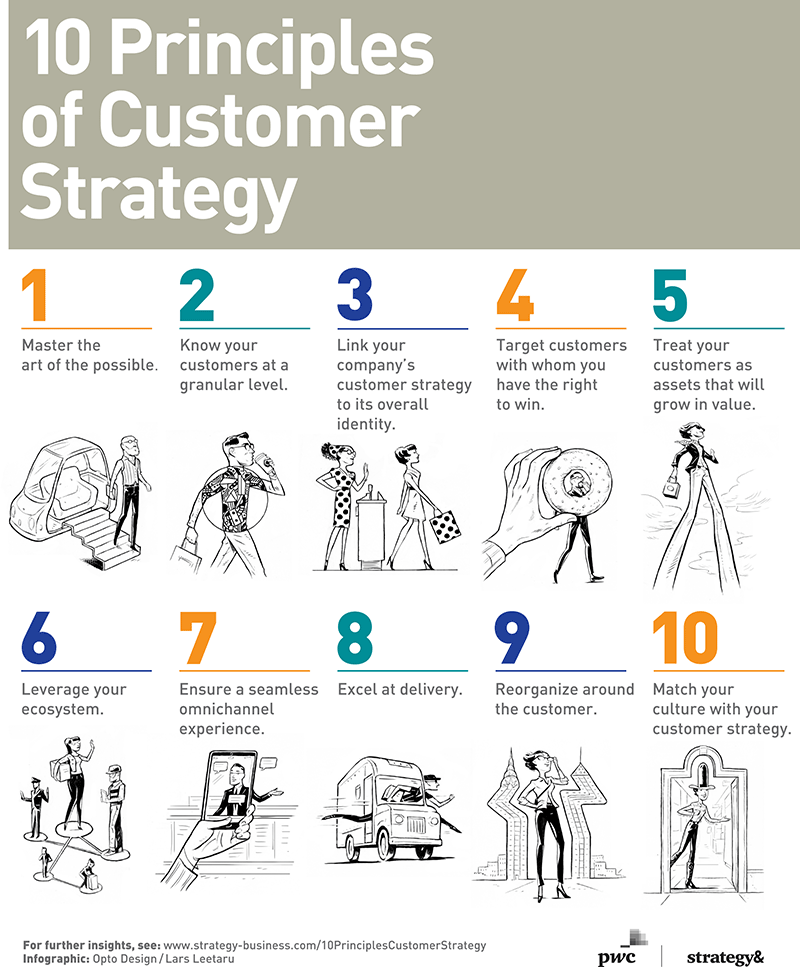Customers come to you with two basic types of needs, personal and business. How well you can identify and satisfy both these needs will go a long way in shaping the customer’s perceptions of the service you provide.
Personal Needs - Every customer has a need to be recognised, treated with respect, and to feel important.
Business Needs - Customers come to you with a stated need for a product or service. We could call this their business need.
Conducting effective interactions, finding out the details of the situation and taking appropriate actions, all satisfy the customer’s business needs. Doing so while treating people courteously and listening with empathy satisfies their personal needs.
To maximise opportunities and customer service, both personal and business needs must be met.
Use the following skills to satisfy personal needs:
Show respect - Call the customer by name.
Have empathy - Acknowledge the customer’s feelings.
Be proactive - Anticipate possible problems and have solutions ready.
Use the following skills to satisfy business needs:
Thorough, effective, fact-finding.
Plan a complete solution.
Click here to view a video on understanding customer needs.
Principles for Needs Analysis
Principle 1: Create an atmosphere of hospitality. You do this by going out of your way to show the customer that you want to enhance their experience!
Principle 2: Ensure that you only use open-ended questions to enquire the needs of the customer. “How can I be of service?” “Anything I can help you with?”
Principle 3: Keep eye contact with the speaker at all times.
Principle 4: Take notes of the conversation if important information is discussed or a lengthy order/instruction is given.
Principle 5: Keep your composure and do not interrupt the speaker before they are finished.
Principle 6: Show you are listening by nodding your head or sending acknowledgements.
Principle 7: At the end of the conversation paraphrase the important information.
